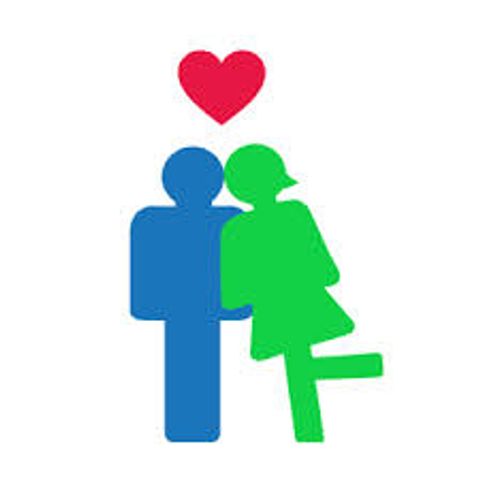Friday February 3 2017, 12 00am
вЂLGBT’ is frequently utilized as an entire term to those with marginalised intimate, intimate and sex identities, but this abbreviation is certainly not representative of the many minorities whom deviate through the cisgenderвЂnorm’ that is heterosexual. The addition regarding the plus in the end is really a shorthand that is useful including individuals whose identities aren’t explicitly listed, such as for instance asexual, aromantic, queer, questioning and intersex people. Many of these social individuals battle due to erasure and not enough awareness, that could affect their inclusion in LGBT+ circles and work out it difficult to navigate their LGBT+ identities. This year, we aim to platform the voices and experiences of those encompassed by the вЂPlus’ and celebrate the diversity of LGBT+ people – so we have brought together a few of these voices to show why this is so important in the Plus Campaign.
Reclaiming Queer [Anonymous]
As a person who is non-binary and pansexual, вЂqueer’ is a helpful term which encompasses my identification on several amounts and genuinely is simply the faster description. We identify a whole lot because of the term due to its governmental nature r ted in resistance – even the term is really a reclaimed slur. Often it could feel like queer identities are less represented in main-stream вЂacceptable images’ of LGBT+ people, using the cis homosexual couples assimilating more in to a heteroromantic image of love and intercourse since these tend to be more commonly accepted and вЂapproved’ by our non-LGBT+ counterparts. More understanding of queer identity therefore the effects of adopting one in regards to resisting societal norms would help celebrate the real variety associated with LGBT+ movement.
Questioning and Identity Politics [Anonymous]
I do believe, like lots of people in the community that is LGBT+ I’ve experienced a reasonably complex route of accepting my identity, and there were extended periods of questioning – for this time We still question specific areas of my LGBT+ identification. By including questioning in the acronym you give individuals who  have not reached any conclusions yet time for you inhale and test the waters, as they say. To be welcomed to the grouped community without identification policing, and also to have their experiences validated. Many people stay static in this area for the very long time – many people utilize the term to summarise their general вЂquestioning’ regarding the have to use a sex or sex label to on their own. There are numerous means questioning people can reject cis heteronormativity and never have to occupy a set or specific identification, and so they deserve to be recognised and included.
have not reached any conclusions yet time for you inhale and test the waters, as they say. To be welcomed to the grouped community without identification policing, and also to have their experiences validated. Many people stay static in this area for the very long time – many people utilize the term to summarise their general вЂquestioning’ regarding the have to use a sex or sex label to on their own. There are numerous means questioning people can reject cis heteronormativity and never have to occupy a set or specific identification, and so they deserve to be recognised and included.
Gay or Ace – You’ve surely got to Select [Anonymous]
It really is a common theme among the LGBT+ community that, when several identities collide, one often gets control of the other. I was often bullied for вЂseeming’ gay when I was a young teenager. Never ever mind the simple fact I was simply not вЂmasculine’ enough that I just had slightly long hair and sometimes put my hands on my hips. The bullying we received ended up being more centered on insulting my masculinity than really claiming I became homosexual, nevertheless the вЂdamage’ had been here. Thus, once I realised that i possibly could be interested in guys, I straight away began thinking I happened to be homosexual. It wasn’t until much later on, whenever I found that We had been asexual, that We realised I happened to be actually biromantic. Yet for reasons uknown, people will not accept that dual identity. I was desperate for sex, lusting after вЂall the gays’ if I could be attracted by men, that had to mean. If We stated I became just not interested by intercourse, individuals would first see me being an odd disrupted person that needed вЂfixing’, but in addition as a person who could never ever develop an enchanting relationship, specially with all the вЂsex-addicted gays’. The partnership between those two areas of me is underpinned by homophobic and assumptions that are acephobic. It would appear that despite most of the progress that is legal happens to be designed for some LGBT+ communities, general public opinion nevertheless struggles not to see us as disrupting and disrupted deviants.